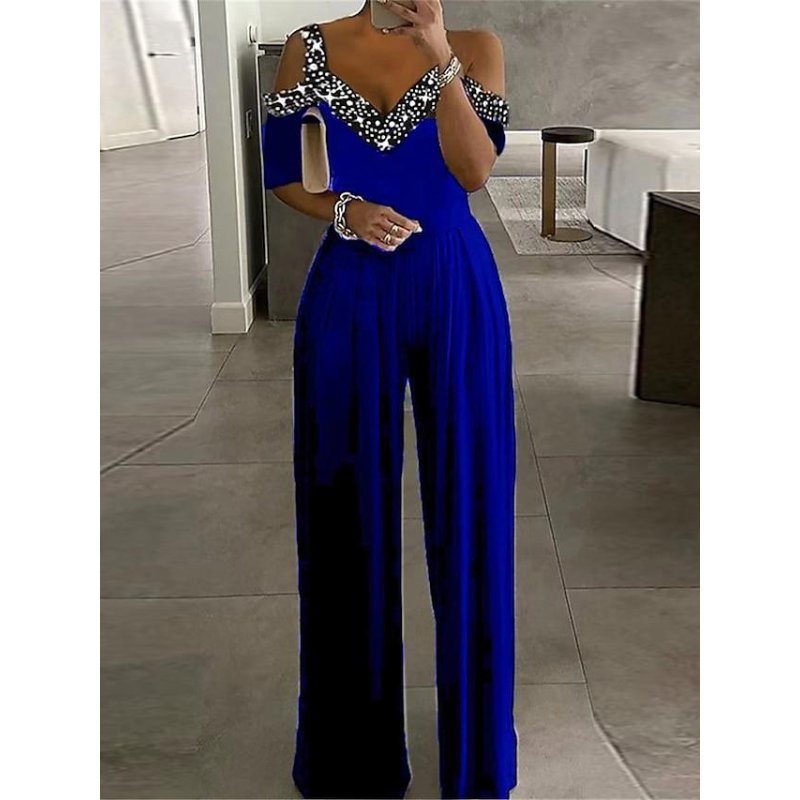Tag: Sustainable Fashion, Clothing Industry, Ethical Consumption
In recent years, sustainable fashion has become a hot topic in the clothing industry. With growing concerns about environmental and labor issues related to fast fashion, consumers are increasingly looking for ethical and eco-friendly alternatives when it comes to their wardrobe choices.
Sustainable fashion refers to the production of clothing that is both environmentally friendly and socially responsible. This includes using sustainable materials such as organic cotton or recycled fabrics, as well as implementing fair labor practices throughout the supply chain.
The impact of sustainable fashion on the clothing industry cannot be ignored. Firstly, it addresses some of the major environmental problems caused by conventional textile production. The use of chemicals and water in traditional garment manufacturing has a significant impact on our planet’s resources. By using sustainable materials and processes, brands can reduce their carbon footprint and contribute to a healthier environment.
Moreover, ethical consumption is becoming increasingly important for modern consumers. They want to know where their clothes come from and how they were made. In response to this demand for transparency, many brands have started providing information about their supply chain practices on product labels or through online platforms. This not only helps build trust with customers but also promotes accountability within the industry.
Another positive effect of sustainable fashion is its potential economic impact. As more consumers choose ethically-made products over fast fashion options, there is a shift towards supporting smaller businesses that prioritize sustainability rather than mass-produced items from big corporations. This can lead to job creation in local communities where these smaller companies operate.
However,sustainable fashion still faces challenges in terms of scalability and affordability.Some critics argue that producing sustainable clothing at affordable prices remains difficult due to higher production costs.While most people agree with its principles,it may take time for mass consumer adoption until prices become more competitive.However,this should not discourage us from making small changes like buying second-hand or investing in quality, timeless pieces that will last longer.
In conclusion, sustainable fashion is making a positive impact on the clothing industry by promoting environmental sustainability and ethical consumption. While there are challenges to be addressed, the growing demand for sustainable options shows that consumers are becoming more conscious of their purchasing choices. By supporting brands that prioritize sustainability, we can all contribute to a more responsible and eco-friendly future for the fashion industry.
